What Is Dependency And Indemnity Compensation (DIC)?
DIC is an important benefit that is often overlooked or misunderstood. When most people think of VA benefits, they think of benefits paid directly to disabled veterans. However, there are several different types of benefits that are paid directly to veterans’ family members or other dependents — even after the veteran has died. DIC is one example. In short, DIC is a monthly benefit the VA awards to a surviving spouse or dependent child(ren) of a service member who satisfies certain requirements discussed below.
To apply for DIC, the claimant will need to file VA Form 21P-534 (if the claimant is a surviving spouse or child) or VA Form 21P-535 (if the claimant is a surviving parent). However, as of August 6, 2012, VA is required to interpret an application made on any document filed with either VA or the Social Security Administration that exhibits an intent to apply for survivor benefits, as an application for DIC. See 38 USCS § 5105.
DIC is paid to eligible survivors of:
- Service members who died while on active duty, active duty for training, or inactive duty training; OR
- Veterans who died as a result of a service-connected injury or disease; OR
- Veterans who did not die as a result of a service-connected injury or disease, but were totally disabled by a service-connected disability:
- For at least 10 years before death, OR
- Since their release from active duty and for at least five years before death, OR
- For at least one year before death, if they were a former prisoner of war and died after Sept. 30, 1999.
Who Are Eligible Survivors?
Surviving Spouses
You may be eligible for DIC benefits if you are a surviving spouse who:
- Married a Service member who died on active duty, active duty for training or inactive duty training, OR
- Married the deceased Veteran before Jan. 1, 1957, OR
- Married a Veteran who died from a service-connected injury or disease, as long as the marriage began within 15 years of discharge, OR
- Married the deceased Veteran for at least one year, OR
- Had a child with the Veteran and cohabitated with the Veteran until theirdeath.
- Note: If you have a child with the Veteran but were separated, you must not be at fault for the separation and not be remarried in order to be eligible.
- Note: If you remarried on or after Dec. 16, 2003 and were at least 57 years old, you may still be eligible.
Surviving Children
If you are a surviving child, you may be eligible for DIC if the Veteran parent:
- Died in the line of duty, OR
- Died as a result of a service-connected injury or disease.
You also must be unmarried and either:
- Under the age of 18, OR
- Between the ages of 18 and 23 and currently attending school.
Parents
If you are a surviving parent, you may be eligible for DIC if the Veteran child:
- Died in the line of duty, OR
- Died as a result of a service-connected injury or disease.
Need Help?
If you need helping filing a DIC claim, you can find your local Veterans Service Organization (VSO) by using the search engine found here. If the VA already denied your DIC claim, contact our firm for a free case evaluation by clicking here.
